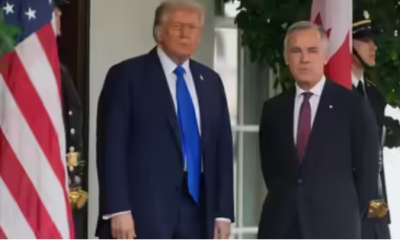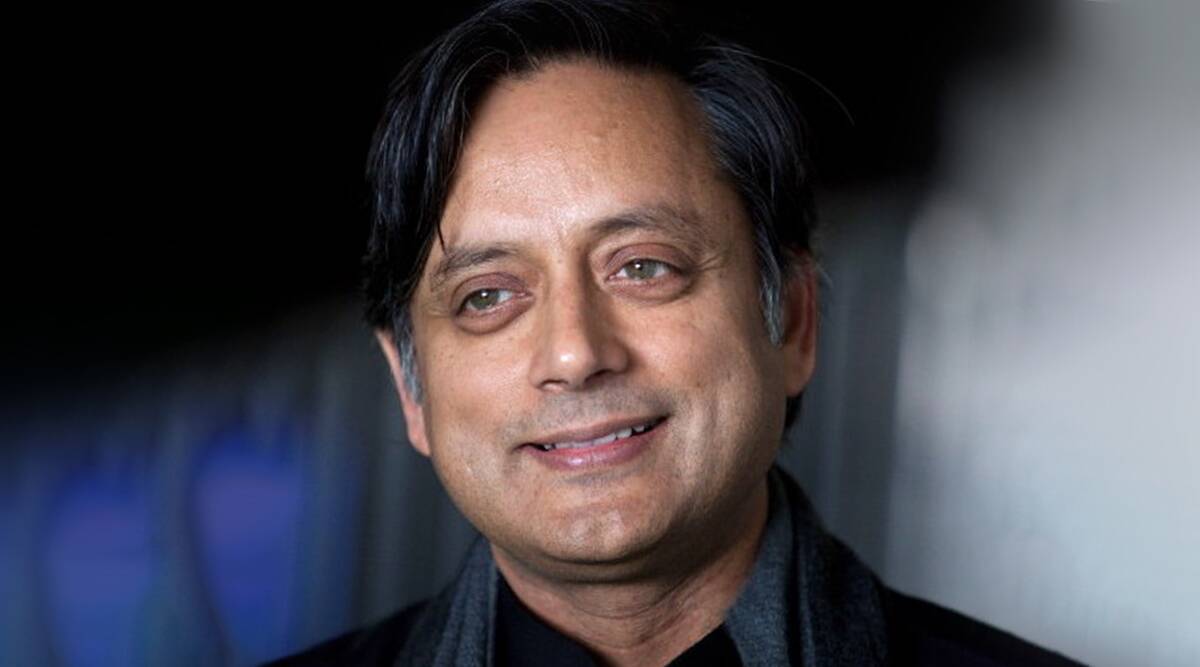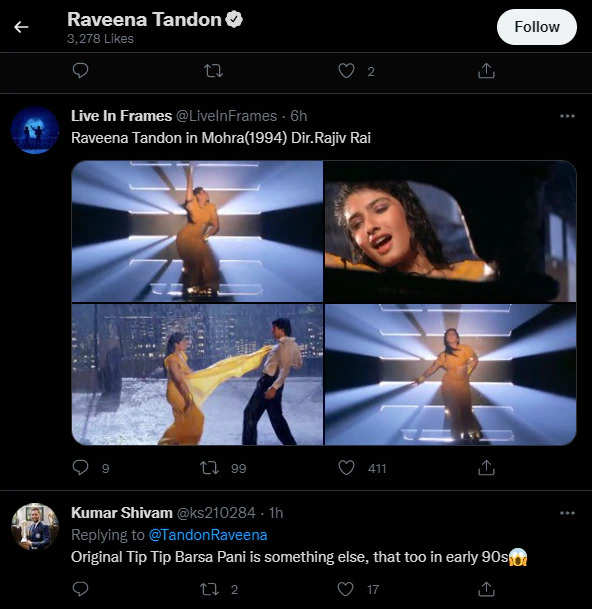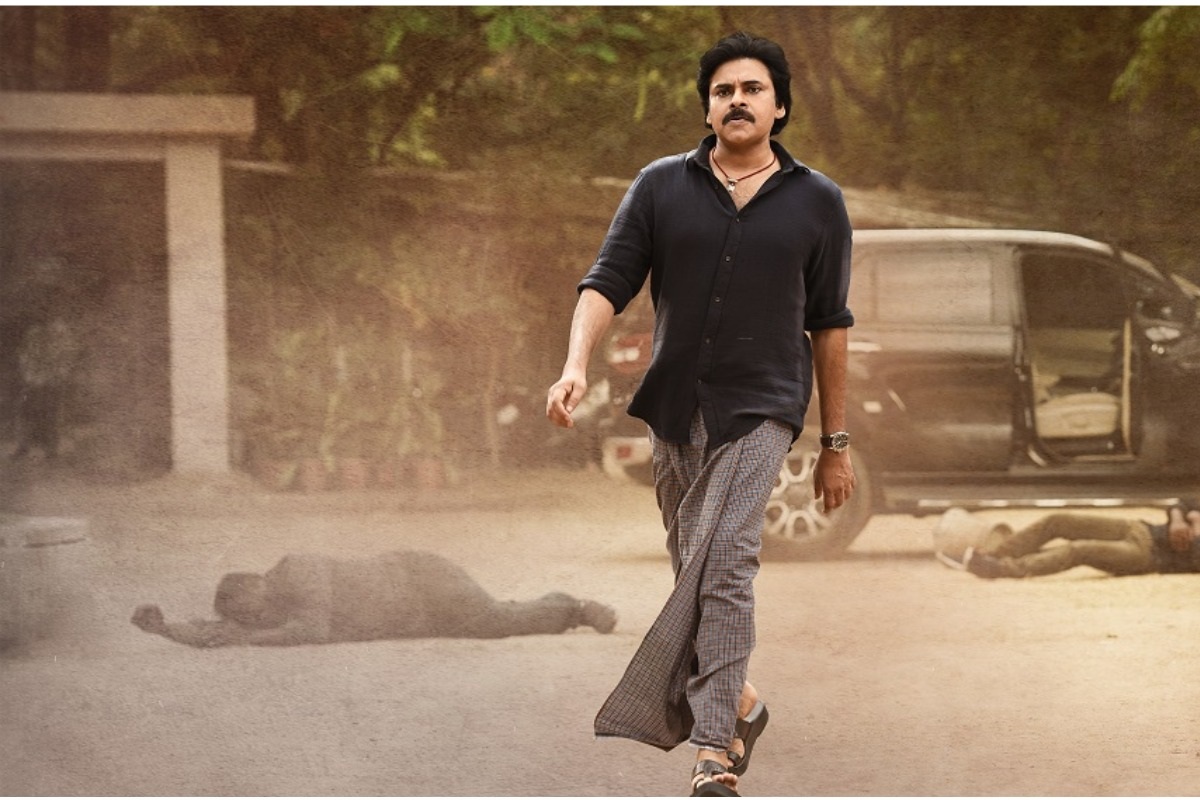[vc_row][vc_column][vc_column_text]Stoutly defending his government’s steps that have sparked off debates and criticism, Prime Minister Narendra Modi said he was prepared to be a martyr for the cause of taking India ahead.
Much like he declared a year ago after demonetisation – ‘you can give me any punishment you want if things do not improve after 50 days (after demonetisation),’ – on Thursday he said: “I am well aware that the path I have chosen to take, the place where I have decided to take this country to, will come with a heavy political cost, but I am ready for it.”
Addressing the inaugural session of the 15th edition of the Hindustan Times Leadership Summit on Thursday, Modi defended demonetisation and GST, both of which have been criticised as hasty steps taken without adequate consultation or preparation, leading to several glitches in implementation and frequent, numerous changes in rules.
He also hailed Aadhaar and justified the government’s push for it, even as the matter is before the Supreme Court where it is to be decided by a Constitution bench.
Modi said demonetisation unearthed on black economy was a treasure trove that would help India in its war against corruption. Speaking about the government’s decision to scrap high-value banknotes, Modi said the note ban had brought large parts of the underground economy into the formal system.
He claimed there has been a shift in the attitude of people after November 8, 2016. “People voted us to create a new India, to remove the corruption. Post-demonetisation, there has been a shift in the attitude of people. Those with black money have a fear of being caught. That which was earlier a part of the parallel economy is now a part of formal economy,” he said.
“Along with money, evidence of black money has also crept into the banking system. On one side, the poor struggled to open one bank account and on the other side, there were companies which opened thousands of bank accounts,” Modi added.“Demonetisation brought in proof of black money…finished parallel economy,” he said.
On GST, Modi said it fixed the weaknesses within the system and ushered in an era of transparency.
He also described Aadhaar as an “irreversible change”, referring to the HT Leadership Summit’s theme, ‘The Irreversible Rise of India’.
He also said the Centre’s next big move against corruption and black money would be to use Aadhaar to clamp down on benami properties and transactions. “By linking Aadhaar to mobile and Jan Dhan, we have created such a system that could not have been imagined few years back,” he said.
“In last three years, with the help of Aadhaar, crores of fake names have been removed from the system. Now it is going to be a big weapon against benami properties. Aadhaar is such a power through which this government want to ensure rights of poor. It is also playing a big role in providing subsidised ration, scholarships, medicines, pensions and other government subsidies,” Modi said.
Modi began by talking of his visit to the summit two years ago. “Within two years, we are today talking about ‘The Irreversible Rise of India’. It is reflective of the development taking place in the country,” he said.
He claimed the citizens today have a positive attitude. “If we look at the country as a living entity, the positive attitude today was never there earlier. The citizens of our country believe in themselves now,” he said.
Speaking of 2014, when the BJP-led Centre came to power, Modi said it was a system in shambles that he received. “In 2014 when we came to power, what did we inherit? The economy, governance, fiscal order, and banking system was in tatters. Our country was counted among the Fragile Five,” he said.
“In 2014, people voted to change the nation, the system, not just a new government. After so many years of Independence, the system’s weaknesses were hindering our development. People had to struggle and fight against this system,” Modi said adding that the government is committed to remove this struggle be it to buy a bus ticket, get a passport, get electricity etc.
“How long will our citizens fight? We aim to provide a corruption-free, citizen friendly ecosystem,” said the prime minister.
“You cannot change a country with the wave of a wand. This doesn’t mean we just sit idle. This approach will stop us from being innovative, taking risks. That is why, our government’s approach is different,” said Modi.
Speaking about the Jan Dhan Yojana, Modi said it brought about far-reaching changes in the poor man’s life. “Earlier, a poor person was shooed away from banks, but now, they have their own bank accounts. Think of the poor man who has a bank account and Rupay Card – think about his confidence. Similarly, the Ujjwala Yojana has forever changed the lives of women, who have not just got a free gas connection but also got more time for their families and to look after their health,” he said.
On the Swachh Bharat Abhiyan, Modi said, “No matter what people show on TV, people know that the Swachh Bharat scheme has brought about an irreversible change in the country.”
Modi said big transformations do not happen easily, “hauling up of the entire system was needed” for it. “We can increase our ease of doing business ranking from 142 to 100 only when we take initiatives for big transformation,” Modi said.
Talking about India’s strides in the international arena, Modi said, “Today, where globally India stands, countries, large or small, want to be work with India. India is constantly increasing its influence on the international stage. It has to keep moving ahead.”
He referred to Justice Dalveer Bhandari’s election to the International Court of Justice (ICJ) recently, edging out his British opponent, Modi said, “Election to the ICJ is proof of India’s development on a global stage.”
“Today, Indians living abroad proudly hold their heads high. Slogans like ‘Ab ki Bar Cameron Sarkar’ and ‘Ab ki Bar Trump Sarkar’ are proof of growing confidence and stature of India globally,” he added.
He also had something to say for the media: “The question is raised, though, as to why our media is so negative. Why are we doubting our own potential and achievements? We have such a vibrant history but we deny ourselves the pride. I am quoting President APJ Abdul Kalam, who said that ‘if you scholars find it right, then you should discuss it in your seminars’.”[/vc_column_text][/vc_column][/vc_row]


 India News10 hours ago
India News10 hours ago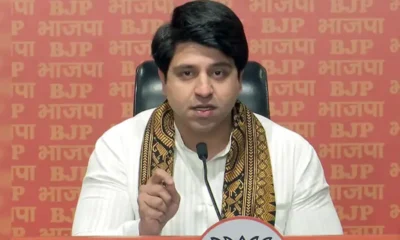
 India News10 hours ago
India News10 hours ago
 Latest world news9 hours ago
Latest world news9 hours ago
 India News10 hours ago
India News10 hours ago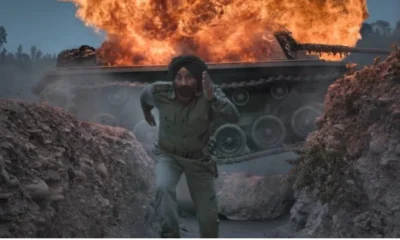
 Entertainment6 hours ago
Entertainment6 hours ago
 India News3 hours ago
India News3 hours ago


